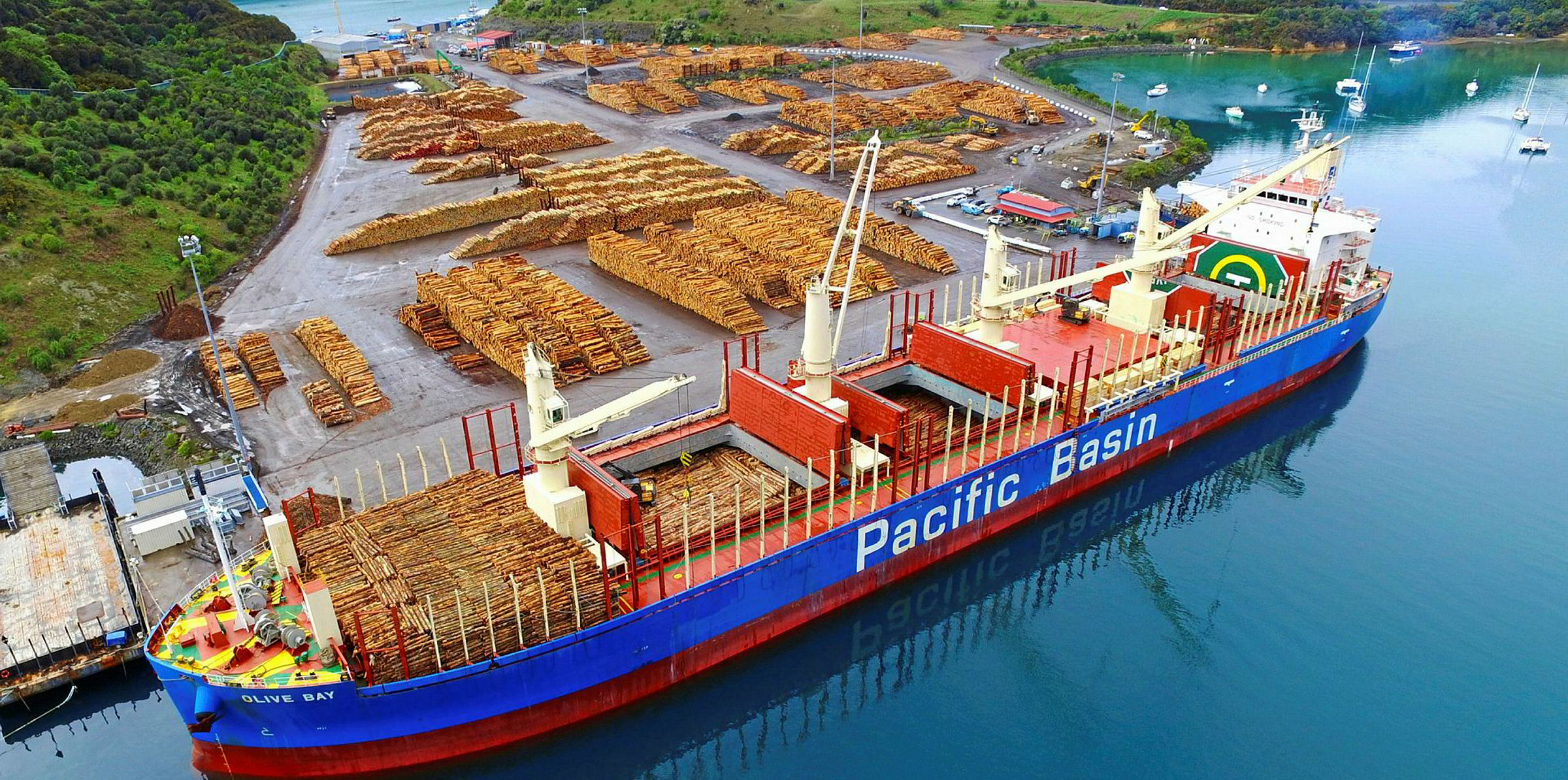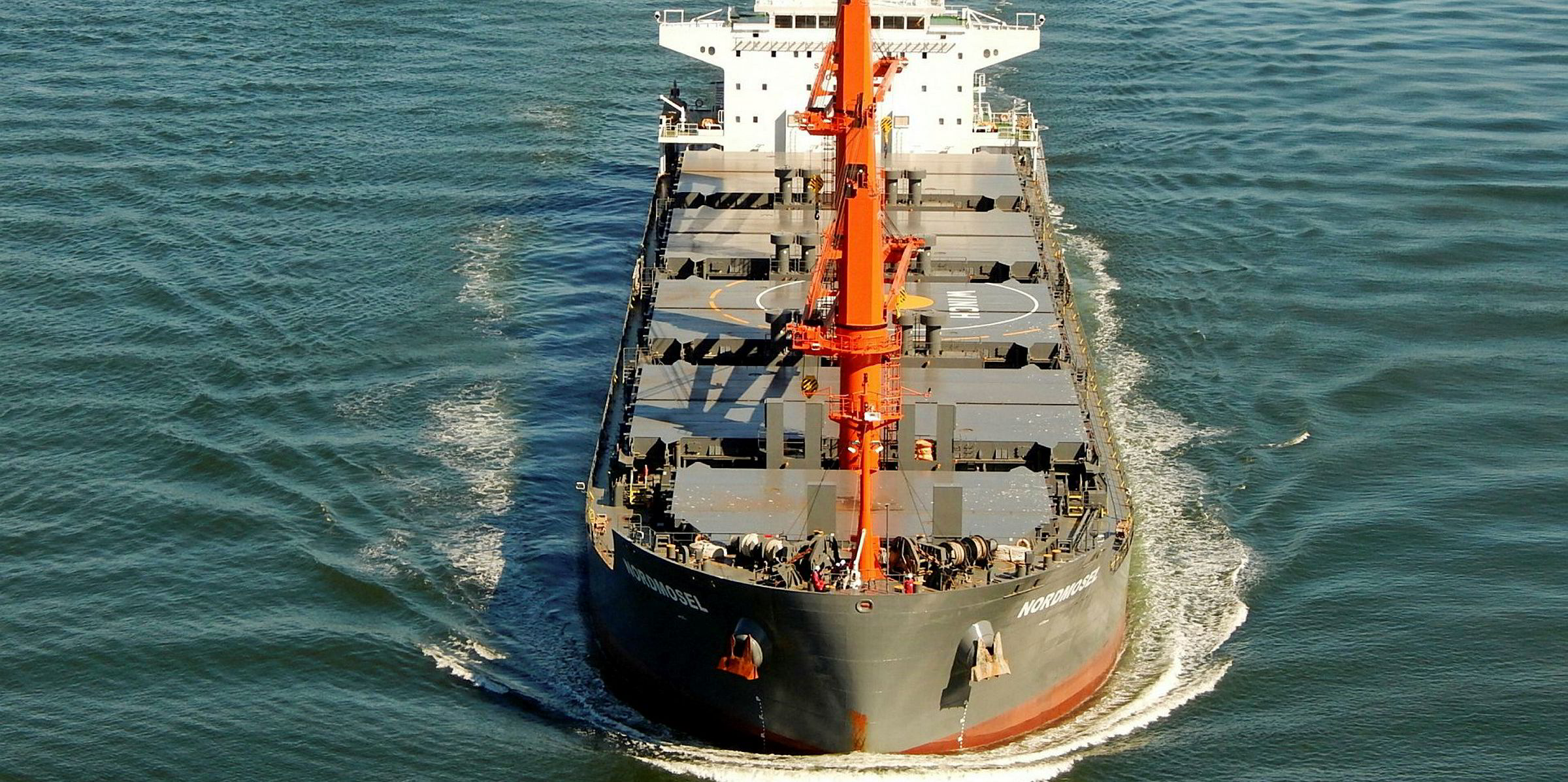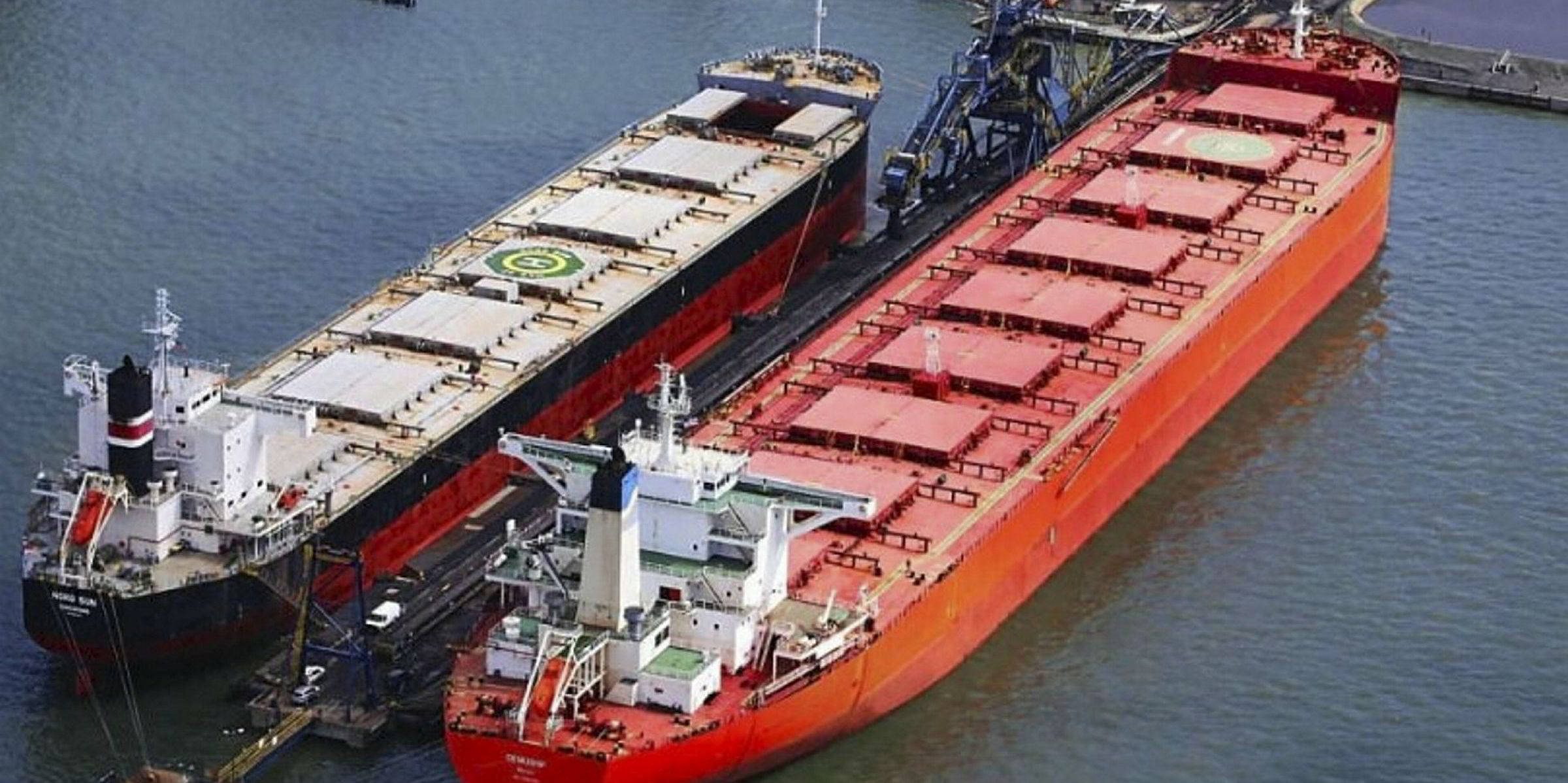Demand will surge in the wake of the coronavirus crisis, driven by government stimulus measures of unprecedented size, and by a catch-up effect as construction and manufacturing make up for lost time.
On the supply side, ordering will slow further, newbuilding deliveries will be delayed or fail to materialise, and scrapping that has been on hold will take off.
Or so believes Pacific Basin Shipping — a major player in minor bulks.
Trading insights
Chief executive Mats Berglund recently presented his company's insights on trading to investors, and gave TradeWinds some background.
Like others, Hong Kong-based Pacific Basin has struggled to cope with the effects of lockdowns that have successively closed and opened access to countries where his load and discharge ports are based.
Berglund said Pacific Basin has been helped in tracking its challenges by having a worldwide network of offices and by-the-minute attention to trading conditions that handysize chartering entails.
"The ports where we trade have remained largely open, but there have been exceptions," he told TradeWinds.
Logs, a big part of Pacific Basin's cargo mix, have been hit hard, as have construction materials, while agricultural products continue to move relatively steadily, in a trend that Berglund expects will hold.
But the effects are constantly changing.
"So we've had to become more careful when fixing ships, and our operations people are spending a huge amount of time tracking conditions," he said.
Essential products
"For example, a country's ports may be largely closed down for logs, because logs are not considered an 'essential' business, while agricultural trading continues.
"Logs are largely shut down in New Zealand. In South Africa, you can load sugar and grain, but not manganese ore, because it's not 'essential'."
The effect on rates and volumes throughout the crisis has depended on the times at which the virus hit successive countries.
"We saw a longer-than-normal Chinese New Year reduction in rates because of the coronavirus lockdown," Berglund said. "But, afterwards, there was a period of three or four weeks of rising rates, up until the last week of March."
If there is anything positive coming out of this, it is that people will order less and scrap more, and newbuilding deliveries will be delayed
Pacific Basin Shipping chief executive officer Mats Berglund
As the epidemic's heaviest-hit areas moved from China to its trading partners, the effects have not simply been to slow down trade, but in some cases to create transitory demand, which created enduring effects.
Cheap steel
"We are actually seeing stronger volumes than usual right now for steel products out of China," he said. "The reason is that China had a longer-than-normal Chinese New Year shutdown for manufacturing but they kept their foundries running.
"It's hard to shut down the furnaces. So they accumulated a big inventory of semi-finished steel, the prices became cheap and Western buyers were still buying. We have, on the water right now, a lot of steel going West because the prices were so low."
Berglund found it impossible to predict when a recovery could come, but he sees some of its outlines.
"We do expect a significant rebound once the virus is contained, and I can't forecast when that will happen," he said. "But there will be stimulus measures that go beyond anything we have ever seen, and there will be a catch-up effect on demand."
Construction materials are especially likely to benefit from both of these.
"In shipping, there will also be a favourable effect on the supply side," Berglund said. "Logistically, it is difficult right now to scrap ships.
"Our company doesn't have any to scrap itself, but the downturn will cause scrapping to speed up again. If there is anything positive coming out of this, it is that people will order less and scrap more — and newbuilding deliveries will be delayed."





